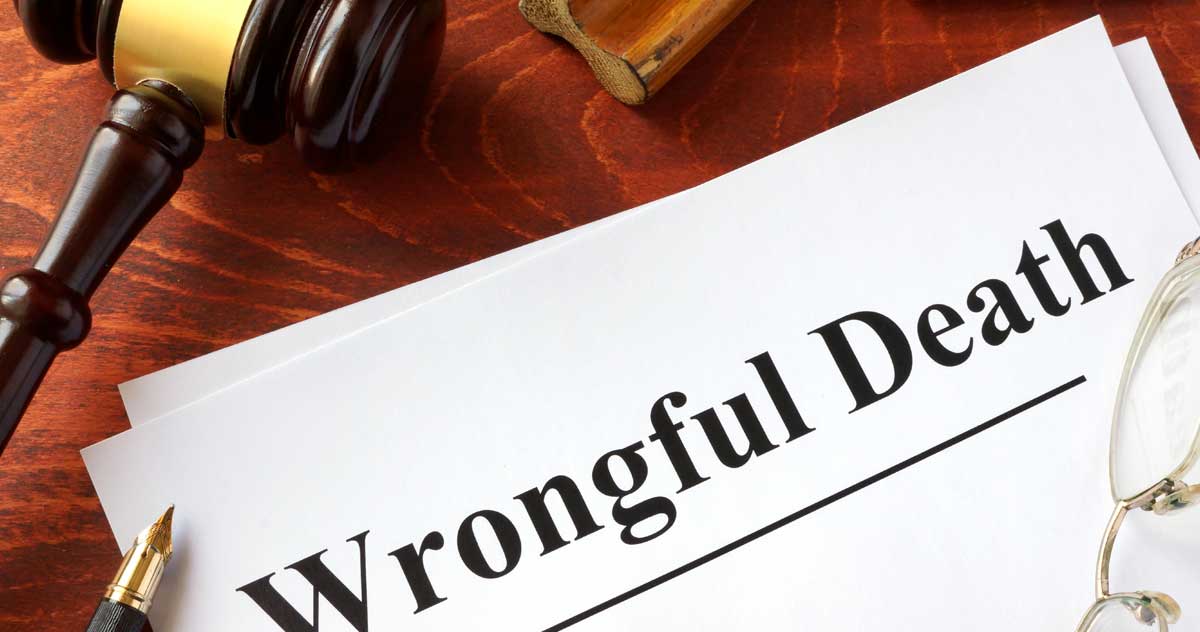Pedestrian accidents are when someone not in a car is hurt by someone in any type of vehicle, including bikes of all descriptions. It is typical to file a personal injury claim post-event. How much you receive compensation is dictated by the level of injury you sustained, and the emotional toll too, alongside some other factors including who is primarily at fault.
If you have just been through a pedestrian accident and are wondering if a claim is worth it, keep reading. We discuss all below.
Settlement Amounts: What Are They?
A settlement figure is the total amount of money offered by the liable party in a pedestrian accident, i.e., the person or body that hurt you. While this agreement takes place in lieu of a jury trial it still benefits from hiring an attorney to represent throughout the litigation and settlement process. Sometimes, a settlement number is never agreed on. If this happens (though it is quite rare), the case will go to court for a jury to decide upon.
Is a Settlement Agreement Better Than Going to Trial?
In lots of ways, a settlement agreement is the better option than taking the case to a courtroom. The trial process is long, expensive, and doesn’t always necessarily yield a better outcome than what you end up with from a settlement. It is all down to how the jury perceives the facts of the case, and they don’t always side with you. So, by not going to trial, and trying to work things through outside of this arena, you are protecting your own finances and time, plus your well-being will be better off as well.
What Will Your Case Be Worth?
The truth is everyone’s outcome is different. Your case is unique to you, and the facts will be observed in this context. There are certain factors that dictate how a settlement offer will be presented. Let’s explore these in more detail.
Who Is to Blame
The first thing both sides will look at will be confirming who was liable for the accident in question. If the opposing party claims that you were partly or wholly responsible, this will be a barrier but not an insurmountable one as long as you have evidence. If they accept responsibility, then things will be straightforward from this point on.
Your Injuries
The type of injury and severity will determine a lot. For instance, if you suffered from a catastrophic injury like a broken spine or amputated limb, then this will increase the amount you are owed. Why? Because it takes longer to recover and costs more to treat. If your injuries were more minor like sprains or strains then the sum will be less. When the injury is still impacting your daily life, such as your ability to work, then this will be taken into account too. Regardless, all of this will require evidence to prove what you are claiming is the truth. This will mean written statements from the doctor that has treated your condition and medical bills, etc.
Medical Costs
Medical costs are directly related to the type of injury you suffered. However, it is observed separately because the figure is a specific one that needs to be considered an independent factor. Whether you have insurance or not, there are still costs associated with treatment that you will incur as you move through the healing process. Even those with health insurance have things like deductibles to pay upfront, and this alone can be a financial burden. This is easy to track, as there will be clear correspondence and bank or insurance statements to represent the facts.
How Much Time You Took Off Work
Whether you have returned to your professional role, or you are still unable to participate, this is all relevant. However long you had to take as an illness period at home should be put forward during the negotiations. Lots of companies have sick pay policies, but they don’t tend to last for extended periods. This means you are likely to have faced a period of low or no wages. Financially speaking, this is debilitating and may even lead you into debt or falling behind on bills. This kind of stress is never supportive of a proper healing journey, and it will be taken into consideration during mediation. Your attorney will also observe how likely it is that you will return to work in the future if you haven’t already, and all the ways in which your injuries will impede your ability to earn money from now on.
Other Financial Hits
Aside from lost wages and medical bills, there are other costs that may arise in a pedestrian accident. It could be anything from a damaged cellphone to a loss of other personal belongings like a purse, etc.
Pain and Suffering
Once all of the factors above are discussed and agreed upon, there will be the question of how much pain and suffering you have experienced. This is, again, different for everyone. Pedestrian accidents are arguably traumatic events, and no one can deny that you will have felt the impact mental health wise. It is difficult to put a figure on emotional pain, but your attorney will try. It is important to be honest at this point in the negotiations and put forward any evidence that will help you get what you deserve. This means representing any information you have about counseling appointments or diagnoses from medical interventions regarding mental health.
The Final Result
An adjuster will take all of the numbers you give them, if they are agreed upon, and use claims software to finalize the amount. How much they multiply the general damage cost by is directly linked to how severe the claim is. The adjuster will advocate for the person driving the car most of the time as they are their client, and your attorney will speak for you.
If you have been injured in a pedestrian accident, do not delay the claims process. The sooner the ball is rolling, the quicker you will be compensated. There is a lot to do, and our team can help you get started.
Call in today or phone us on 877-559-5329 to talk it through.







